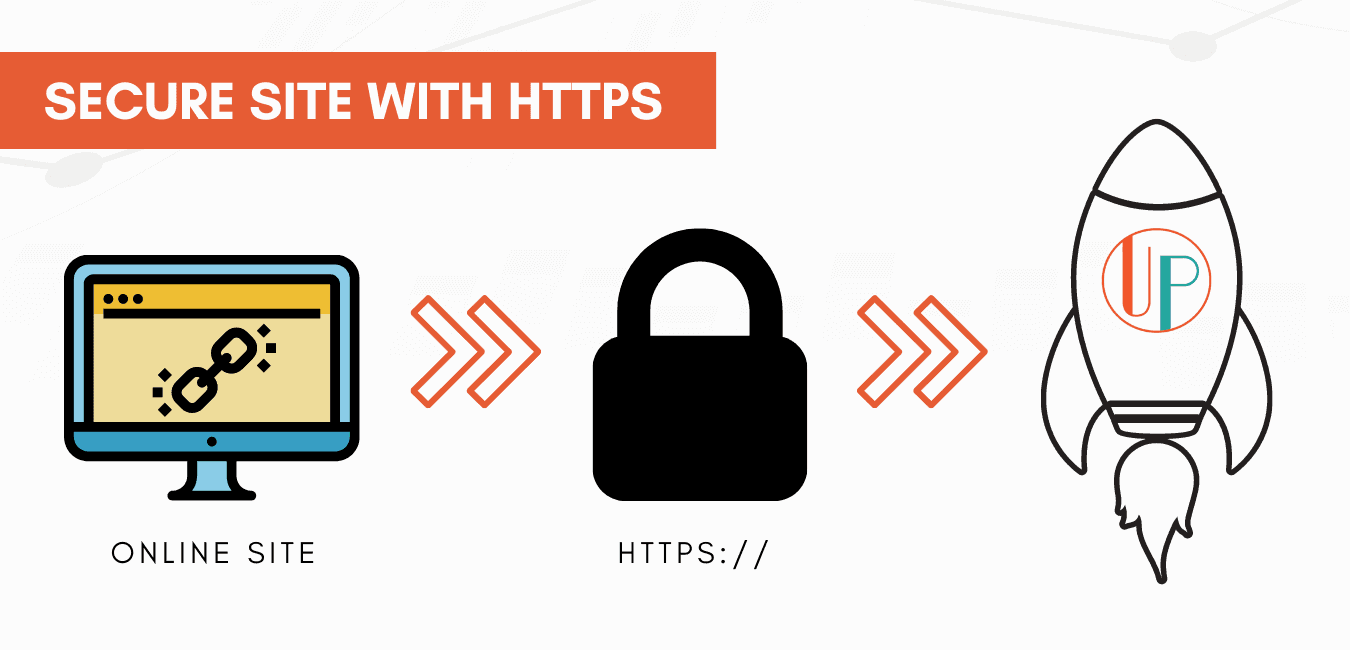In our previous blogs about search engine optimization, we’ve covered the basics of what SEO is, as well as the importance of keyword research and content. Now, we’ll break down the technical side of SEO.
In addition to content and keywords, Search Engine Optimization (SEO) has one other main component. That is technical search engine optimization. In a nutshell, technical SEO refers to improving the back end of your website – the part only your developer and search engines see.
The goal of technical SEO is to improve user experience. When your site is user friendly, you are more likely to get and retain visitors. Given that most searchers only scan through the top ten search results, the boost your site’s pages get from having improved technical SEO can make all the difference in reaching your target audience.
This element of site optimization is multifaceted and can be complicated. It’s important to note that there is a great deal more than we could possibly cover in one blog, and a good SEO will have years invested in learning the details of keeping your site healthy and running smoothly. As a business owner, though, you should have a basic idea of what technical SEO is. So, we are going to cover a few key parts to know below.
The Breakdown: The Basics of Technical SEO
Why is Technical SEO Important?
If you don’t know anything about technical SEO, you should know this: if your site has technical issues, it will affect your ranking. How much it is affected is determined by how many issues your site has and how serious they are. It doesn’t matter how awesome your website looks or how powerful the content is. Search engines like Google need to know what your site is about and that users will be able to access the information on your site easily. They do this by crawling your site, indexing, and ranking your site based on various factors
There are over around 200 ranking factors that Google measures to ensure health, but they all boil down to 3 things: your site must be optimized for mobile devices, have a fast page speed, and be secure for your users.
Optimizing Your Crawl Budget
You’re probably thinking, “Hold up! What is a Crawl Budget?” Here’s the simplest explanation we’ve seen:
Basically, it’s how many of your website’s page URLs the Google bots want to crawl, and how badly they want to crawl them? Google’s job is to index and crawl pages, so you can rely on it being an expert in that area. Your job is to help the bots make the most of their crawl time.
Redirects, adding a lot of pages (particularly uninformative or unnecessary pages), and generally having a big website factors into your crawl budget. For the average small to medium sized business, crawl budget is likely not a huge factor. Larger sites – with hundreds of pages and/or products – will need to watch out! It can be easy to drink up the “link juice” before the bots have made it through your important pages.
Google on Crawl Budget
According to the good folks at Google:
“Crawl Budget is the number of URLs Googlebot can and wants to crawl.”
The crawl capacity limit can go up and down based on a few factors:
- Crawl health: If the site responds quickly for a while, the limit goes up, meaning more connections can be used to crawl. If the site slows down or responds with server errors, the limit goes down and Googlebot crawls less.
- Limit set by site owner in Search Console: Website owners can optionally reduce Googlebot's crawling of their site. Note that setting higher limits won't automatically increase crawling.
- Google's crawling limits: Google has a lot of machines, but not infinite machines. We still need to make choices with the resources that we have."
So, how can you maximize your crawl budget?
- Start by improving your site speed. Slow load times will take up time the bots/spiders need to crawl your site, and those little guys do not want to sit around for the page to load.
- Be sure images are not too large as this can slow down bots considerably.
- Avoid redirects that add time to the crawl and dead links that waste “link juice” sending bots on wild goose chases to dead ends.
- When you visit your site from a mobile device, does it load quickly? If not, it’s time to work on technical SEO.
A Road Map for Search Engines
To help Google find and crawl the web pages efficiently, you’ll need an xml sitemap. This is a file that lists a website’s pages in order of priority. It serves as a roadmap so search engines take the right route through your site.
In order for Google to have access to your sitemap, you will need to connect your site to Google Search Console and submit your sitemap there. When you submit your sitemap to Google through the Google Search Console, it will hand deliver this information on your site right to the Googlebot crawlers. This shortcut helps Google read your site the way you want it to, rather than the bots having to figure it out on their own.

Mastering A Secure Site
HTTPS may be a familiar term to you, but you may have not taken time to think about it more than just what you see in a URL. It’s more than just a fancy prefix for your website’s address.
HTTPS (Hypertext Transfer Protocol Secure) is a highly advanced and secure communication for a computer network. HTTPS provides security to your site’s visitors and network, which can have a big impact on how search engines and users view your site. Users on your page share personal data and are looking for a secure connection. The encrypted connection will protect this information for the users, something search engines are particular about.
The shift from HTTP to HTTPS for your website and server is no longer optional. HTTPS over HTTP has shown improved search rankings due to Google’s preference of HTTPS and a stronger user following from a more secure site.
Should You Hire An SEO Agency?
This series has covered the very basics of SEO. These tips and tricks address just a few of the hundreds of factors that combine to make up the technical side of search engine optimization.
SEO isn’t a one and done project. It is a long-term investment with long-term results. The return on investment is a site that will be visible to the right users. It is a long journey, but worth the time.
At UP Market Media, we have dedicated SEO Specialists with years of experience in optimizing websites for our clients. We achieve long lasting results: better rankings, higher quality traffic, and more conversions. If you are ready to see marked improvements with your business online call us at (912)259-9925 or request a consultation to get started.
Our SEO specialists at Up Market Media help our clients achieve better organic rankings every day and the difference is backed by data to prove it.
Keep an eye out for the next blog on Google My Business and Online Directories. Follow us on social media to be the first to know when new content is released!




0 Comments